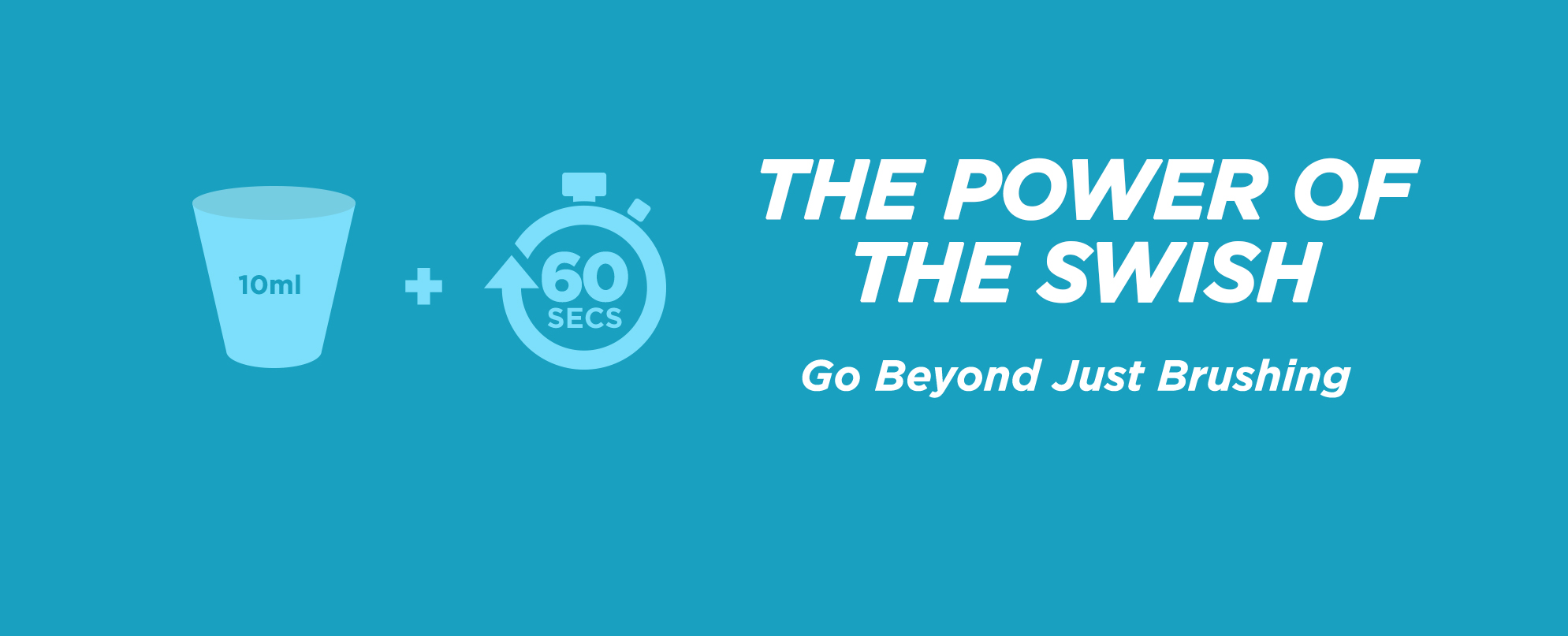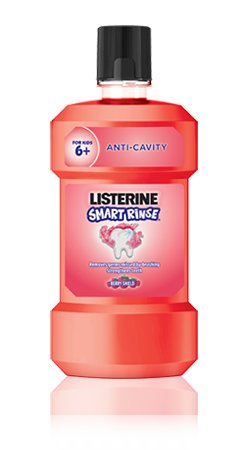Looking After Kids Teeth
Good oral care habits are acquired over time. It is beneficial for children to learn them from a young age
Vital role of milk teeth
Humans develop two successive sets of teeth. The first set of teeth are commonly known as milk teeth. They usually appear between 6 months and two and a half years. They are temporary and total 20. They consist of:
8 incisors
4 canines
8 molars
Even though they don't stay in the child's mouth for long, they are vital to a child’s development. They contribute to speech and language development, the alignment of permanent teeth, as well as the development of the chewing function.
Milk teeth start to fall out from the age of 5 or 6 years old with the final few lasting till 10 or 11 years old. After 6 years old, a second set of TTTpermanent teeth starts to come through.
Weakness of milk teeth
The tooth enamel and dentine in milk teeth are thinner and less mineralised which makes them more susceptible to developing cavities. Therefore, it's important to look after children's milk teeth.
The consumption of sugary foods, inadequate brushing and irregular visits to the dentist contributes to the development of oral problems in children.
Follow these tips to help keep your child's teeth decay-free :
Start to brush your baby's gums with a soft toothbrush at bath time, or even let your baby have a go themselves as long as you are present to supervise them
Start brushing your baby's teeth with fluoride toothpaste as soon as the first milk tooth breaks through at around six months. It's important to use a fluoride paste as this helps prevent tooth decay
Children under the age of three can use a smear of family toothpaste containing fluoride. Children between the ages of three and six should use a pea-sized blob of toothpaste containing fluoride. Check the product label or ask your dentist for more information. Make sure your child doesn’t eat or lick the toothpaste from the tube
Brush your child's teeth for at least two minutes twice a day, once just before bedtime and at least one other time during the day. Encourage them to spit out excess toothpaste but not to rinse with water
Supervise tooth brushing until your child is seven or eight years old, either by brushing their teeth yourself or, by supervising them as they brush to ensure proper technique and time duration



